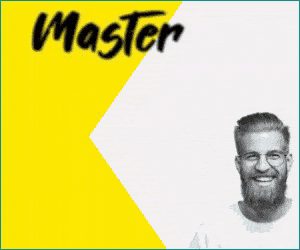Finde deinen Master!
Du bist hier:Finde deinen Master>Mastersuche
MASTERSUCHEMASTERSUCHEFinde deinen Master aus 35.663 Studiengängen in Deutschland und im Ausland

MASTER MESSEN
- Düsseldorf, 26.04.2024
- Köln, 08.11.2024
- Wien, 15.11.2024
- Graz, 19.11.2024
- Stuttgart, 22.11.2024
- Frankfurt, 30.11.2024
- Berlin, 04.12.2024
- Hamburg, 06.12.2024
- Münster, 25.01.2025
Jetzt informieren und kostenloses Ticket sichern!
- Masterstudiengang
Philosophy: Philosophy of Neurosciences
Fakten zum Master
Studiengang
Philosophy: Philosophy of Neurosciences
Hochschule
Studienort
Amsterdam
Fachrichtung
Abschluss
Master
Unterrichtssprache
Studienform
VIELLEICHT AUCH INTERESSANT?
Der Master wird angeboten von:
Hochschule
Trägerschaft
staatlich
Hochschulart
Universität









